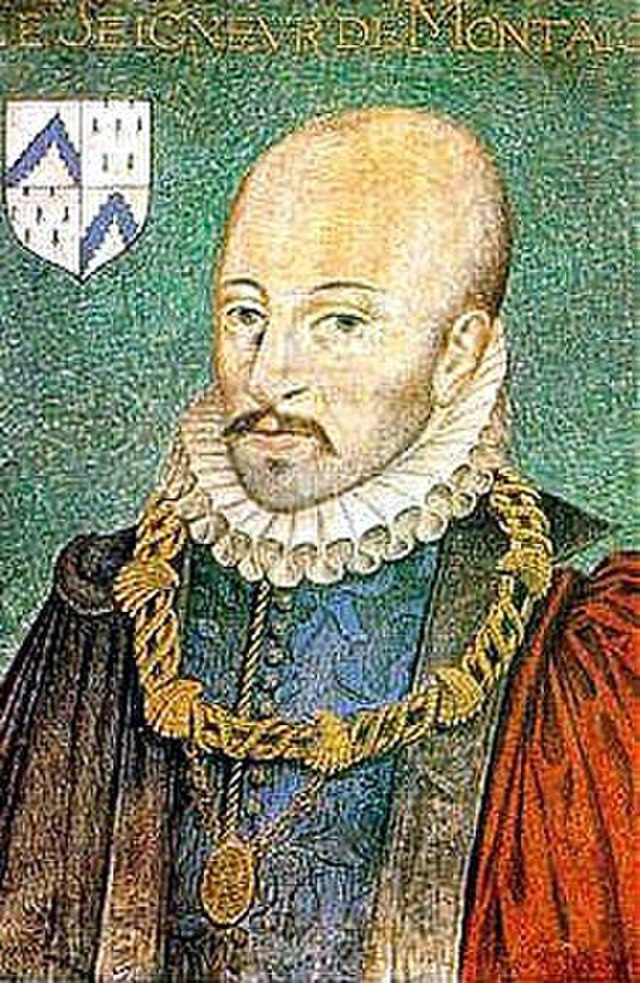Michel de Montaigne, a 16th-century French philosopher and writer, revolutionized the way we think about the human condition through his deeply personal and introspective Essays. Born in 1533, Montaigne spent much of his life observing and contemplating human nature, which he explored in a way that was both frank and profoundly introspective. His Essays became a groundbreaking body of work, offering readers a mirror to reflect on their own lives, while Montaigne himself navigated the complexities of existence with humility and curiosity.
In his Essays, Montaigne focused on the idea of self-awareness, using his own life as the primary subject of his philosophical exploration. Rather than relying on abstract theories or lofty ideals, he took a practical, almost experimental approach to understanding himself and the world around him. Montaigne believed that to truly understand human nature, one must first look inward. His writing was a continuous dialogue with himself, where he questioned his thoughts, actions, and even his deepest convictions. This form of self-reflection led Montaigne to a better understanding of his own limitations, fears, and desires, which, in turn, helped him connect to the universal aspects of the human condition.
Montaigne also grappled with the unpredictability of life, a theme that runs throughout his Essays. He understood that life is full of uncertainties and that trying to control or predict every outcome only leads to frustration. Instead, Montaigne advocated for accepting life’s unpredictability as a natural part of existence. He reflected on the fragility of life, the inevitability of death, and the constant changes that shape human experience. By embracing the unknown, Montaigne found a certain peace in the understanding that life is, by nature, unpredictable. This acceptance allowed him to face life’s challenges with a calm, rational mind, and he encouraged others to do the same.
Central to Montaigne’s philosophy was the pursuit of virtue, though his approach to virtue was more practical and humanistic than the rigid moral systems often seen in traditional philosophy. He believed that virtue is found not in perfection but in striving to be better, recognizing that human beings are flawed and imperfect by nature. Montaigne saw virtue as something to be pursued through daily actions, self-improvement, and a balanced life. He was skeptical of dogmatic thinking and instead encouraged a flexible approach to morality, one that could adapt to the complexities and nuances of real life. To Montaigne, virtue was not about rigid adherence to rules but about living with integrity, self-awareness, and kindness.
Montaigne’s Essays continue to resonate with readers today because of their timeless wisdom and the way they invite us to reflect on our own lives. His thoughts on self-awareness, the acceptance of life’s unpredictability, and the pursuit of virtue offer a guide for those seeking to navigate the complexities of modern life with grace and understanding. By turning inward and embracing life’s uncertainties, Montaigne shows us that the path to wisdom is not about having all the answers, but about asking the right questions and learning to live with a deep sense of curiosity and humility.

